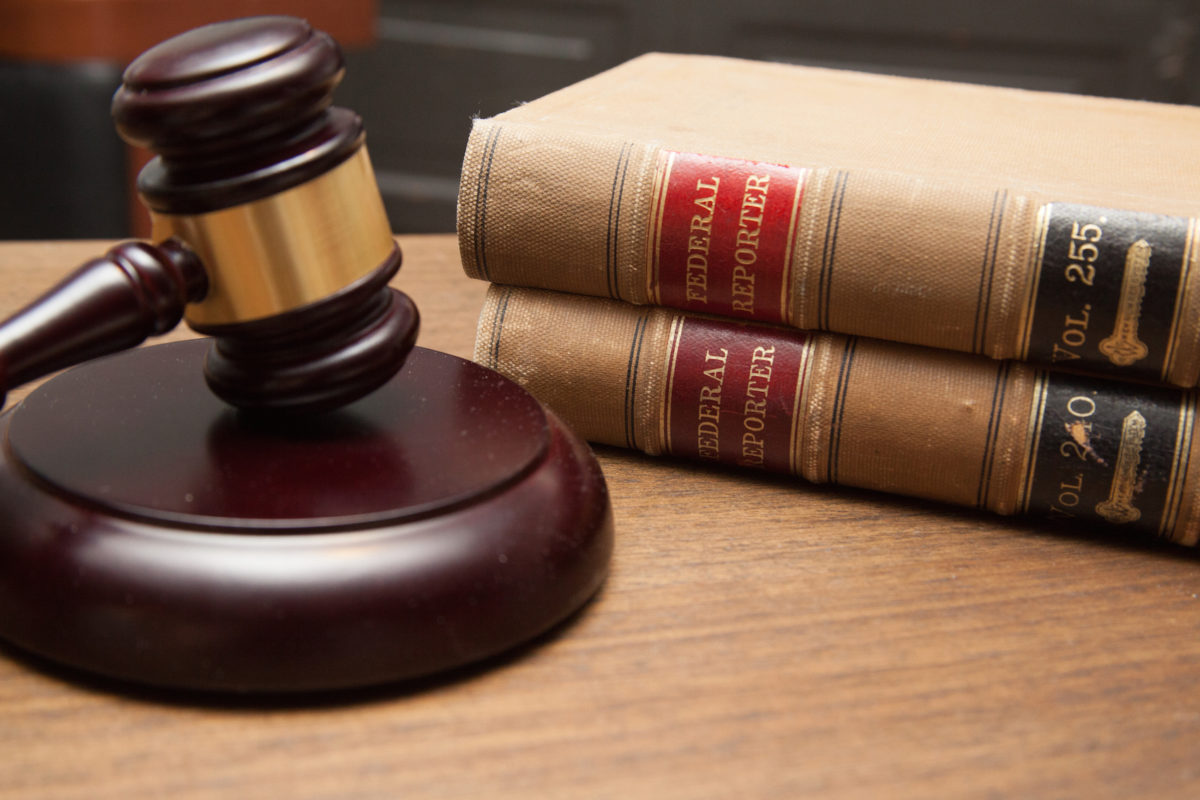
A trustee plays an important role in the execution of an estate plan. To learn more, continue reading and reach out to our skilled and dedicated Montgomery County, PA trust attorneys today. Our legal team is on your side. Give us a call today.
What is a trustee in Pennsylvania?
As a trustee, you are lawfully accountable for managing the trust’s assets and distributions.
There are a number of legal duties for trustees, including:
- Administering the trust by the terms of the document
- Being loyal to the beneficiaries of the trust
- Dealing with the beneficiaries impartially
- Avoiding conflicts of interest between you and the trust or beneficiaries
- Legally separating and identifying trust property
- Carefully managing and investing the trust’s assets
Based on the above responsibilities, it is clear that a trustee demands taking on a lot of dynamic roles. It is not an easy job, and thus trustees can be paid for their work out of trust assets. But, because of their duties to beneficiaries, the trustee cannot overcompensate themselves.
What role does a trustee have?
In the event that you become a trustee after a grantor’s death, your first responsibility is to identify and secure trust property and locate the governing trust documents and take an inventory of every asset. You will want to make sure that you have control and access to all of the trust property.
Additionally, as a trustee, you are accountable for paying the trust’s taxes and creating a responsible investment strategy. You may need to pay for appraisals of land or other valuable assets to have a firm understanding of the magnitude of the trust’s assets.
After those tasks are completed, you can start allocating assets to beneficiaries as stated in the trust.
What is the difference between a trustee vs a beneficiary?
If you are the trustee for a revocable living trust, you are responsible for acting in good faith on behalf of the beneficiaries. Beneficiaries are those with a role in the distribution of the trust’s assets. They can be documented in the trust record or entitled under a category listed by the trust’s creator.
You should also note that you can be both a trustee and a beneficiary of the same trust. This kind of structure is common in revocable family trusts, in cases where the grantor does not want an outsider managing assets. But, being both a trustee and beneficiary can be difficult.
Reach out to our firm today to speak with one of our Montgomery County wills, trusts, & estates attorneys to learn more about trustees.
CONTACT OUR EXPERIENCED PENNSYLVANIA FIRM
Friedman Schuman is an experienced and dedicated legal resource for clients throughout Pennsylvania. We proudly serve clients facing a wide range of legal matters. If you require the services of an effective attorney, please contact Friedman Schuman today to schedule a consultation.



